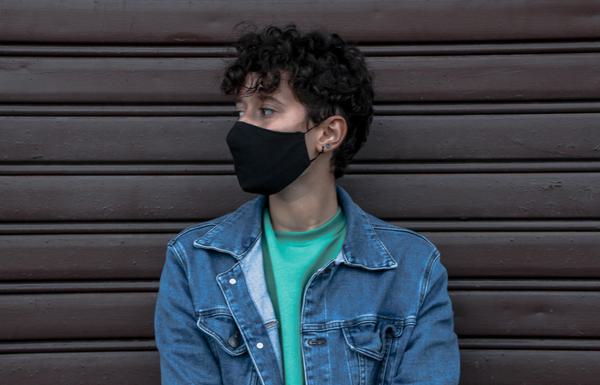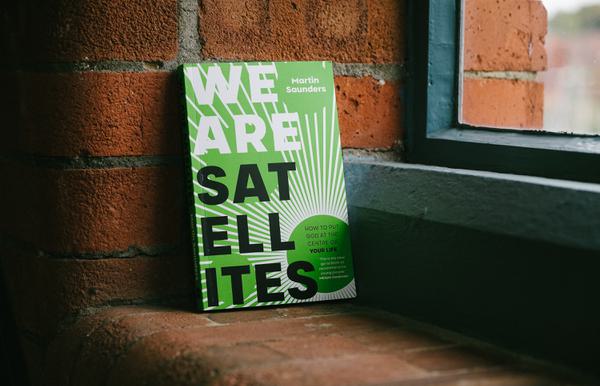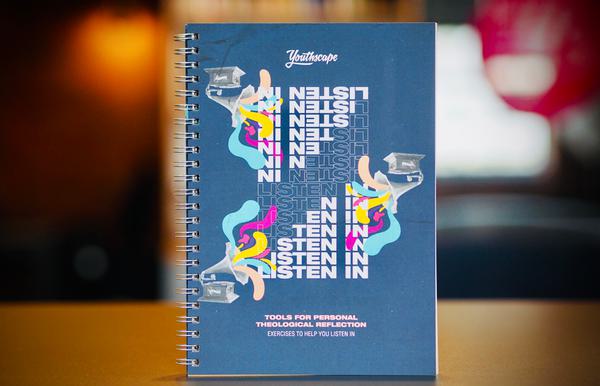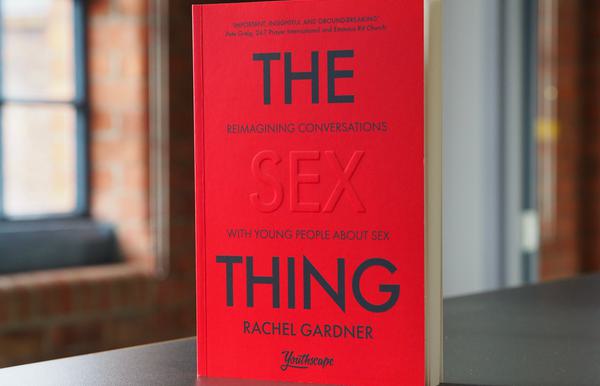Power, responsibility and second chances for all. Spider-Man is back in a joyous, emotional adventure for both young people and youth leaders.
Photo credit: Sony Pictures
You may have heard there’s a new Spider-Man movie out. Chances are you’ve seen it already, since it’s still breaking box office records after winning the second biggest opening weekend of all time. Cinemas have struggled through nearly two years of pandemic woes, but the friendly neighbourhood Spidey has apparently brought them back from the brink with joyous, web-slinging success. Put aside for a moment your superhero cynicism or debates about whether Marvel movies are true ‘cinema’. After months of misery, we’ve been given the Christmas gift of a bold, fun and emotional superhero hit, that even the Scroogiest among us would struggle not to smile a little at.
If you’ve not seen it, here’s some reasons why you should. If you have, here’s some thoughts on why it works so well. There’s a fun gag in No Way Home just for youth ministers, and since it’s still out, why not make a youth group outing out of it? The rest of this blog will endeavour to be mostly spoiler-free, but if you really want to know nothing about this film, and have somehow both not seen it yet and avoided social media spoilers, maybe you should stop reading this and get yourself to a big screen…you’ve been warned!
Second chances for all
Second chances are the resounding theme of No Way Home. If people make mistakes, if they choose the wrong path, do they get another shot or is their fate sealed? Most clearly this is seen through Peter Parker’s (Tom Holland) relationship with his numerous antagonists. Villains from previous Spidey entries (fan favourites like Willem Dafoe’s Green Goblin and Alfred Molina’s Doc Ock are back) find themselves in Holland’s universe after some multiversal mishaps at Peter’s hand. If Peter can somehow send them back to their universes, they’re destined to face their fate – to die fighting Spider-Man. But what if our hero could change their fate? What if he could help them – such as Goblin-infected Norman Osborn, haunted by his psychotic alternate persona – from their afflictions?
It’s a tall order, and some tell Peter he should just focus on restoring normality to the universe – if they die as they were always destined to, it’s not his fault. Others tell him otherwise – he has spectacular gifts, and with great power comes great responsibility. It’s an interesting choice from the writers to reject the dualistic and tragic idea that villains must die fighting their opposites. What if we’re all on a sliding scale of good and evil, capable of great kindness and wrongdoing at once? Of course, it gets a bit simplified here, since the villains basically all fell afoul of scientific experiments, so once those afflictions are undone, they become ‘good’ again. We know in real life that people don’t do evil because of ill-judged science projects but because the human heart is flawed and easily corruptible. But the message of the movie still works: no one is wholly evil or beyond saving, goodness resides in us all, and everyone gets a chance to try again. And of course from a Christian perspective, there’s gospel resonance in the idea of a grace that enables us to put our evil selves aside, and choose a better path – and that this gift is available to all. As one character says in the film, “We’re saving everyone right? It’s what we do.”
Other heroes in the story get a chance at redemption too. What if your heroism led to someone you love getting hurt, or even dying? How would you live with that? If you’ve seen the movie, you should know who I’m thinking of, in fact at least two characters face this challenge. If bad things happen when you try to do the right thing, is it time to stop trying? Should you give up on kindness and mercy, and just let bitterness and vengeance take over? If you do give in to revenge, what separates you from the villains you fight?
Great power, great responsibility
Superhero stories loves to explore these moral tightropes and the challenges of battling monsters without becoming one yourself. But perhaps no character better exemplifies the heroes struggle than Spider-Man. As this film leans into, a central component of the character is his suffering. He has a secret identity, which means internal conflict, and lying to protect those he loves. He is often alone, underfunded, and unappreciated, struggling to make rent and be a superhero while a hostile press paints him as a menace. Spider-Man exemplifies virtue because he shows that it has a cost. That doing the right thing can hurt, coming without comfort, riches or acclaim. But you do it anyway, because that’s what you’ve been called to. This film ends with a huge moment of sacrifice from one character as they choose the greater good over their own happiness. No Way Home will probably have you itching to watch previous Spidey films, such as 2004’s Spider-Man 2, where Aunt May tells Peter:
“Lord knows, kids like Henry need a hero. Courageous, self-sacrificing people. Setting examples for all of us... I believe there's a hero in all of us, that keeps us honest, gives us strength, makes us noble, and finally allows us to die with pride, even though sometimes we have to be steady, and give up the things we want the most. Even our dreams.”
It might seem too cheesy or childish for some, but I do believe that at their best stories like these have deep value because they ultimately dignify not the spectacular but the ordinary. Heroes like Peter Parker are relatable because they’re like us, they experience the everyday setbacks and struggles we do (alongside giant lizards and aliens). We all face the daily moral tightrope, how to use the gifts we’ve been given – our time, talents and resources – responsibly. Like Peter, we all find ourselves tested when doing what’s right seems to bring only suffering. Like Peter, we can only prevail through the wisdom, challenge and encouragement of our loved ones, those who share the struggle with us, carrying each other on the way.
A youth work movie
That communal vision makes No Way Home not just a great movie but also a great youth work movie. Unlike many adult superheroes, the protagonist here is a teenager still in school. Peter shows us young love, earnest hope, and intense anxiety about the future, and makes hilariously bad choices (however well-intentioned) that anyone who knows young people is surely familiar with. It’s a coming-of-age story that also completes a coming-of-age trilogy for Tom Holland’s Spidey, narrating all the joy and pain of growing up, letting go, and choosing your path in life. I can’t speak for what young people make of this movie, but judging from the jubilant screenings I’ve been to, this is a story that speaks to them. But this is a movie about youth leaders too, about the mentors who sacrifice so others can learn and grow, passing on what they have learned.
As a youth leader, perhaps you need to hear the encouragement of this story: that even if your work feels unseen or unvalued, and you may feel alone, know that the work is a calling, it has deep value, and every relationship counts. Of course, often the mentors are the ones who still need to be taught; in this film as in real life, both reckless, optimistic young people and their more shrewd, cynical, or discouraged elders have much to learn from each other. And, just as youth leaders dream of raising not just young people but young leaders, we see the much-mentored Holland's Peter growing wiser and preparing to become a mentor of others himself. It's the (youth work) circle of life.
So, if you’re able to why not check out No Way Home and then ask your young people about it. Do they see themselves in the story? Do you see yourself in it? What challenge or hope does the story give you? In the middle of winter and a pandemic, we could all use some hope, guidance, and joy. At the time of writing, I know at least one place you can get some.











